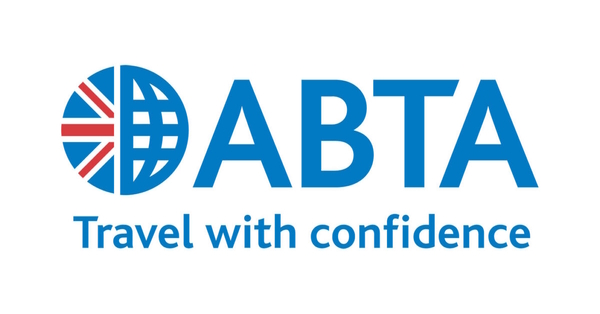You are viewing 1 of your 2 free articles
Short-term rentals fuelling ‘social crisis’ over housing in Europe
The European Commission plans legal restrictions on short-term rentals to address a growing housing crisis in Europe.
EC president Ursula von der Leyen outlined plans to regulate tourism rentals in a ‘state of the union’ address to the European Parliament this month, noting housing had become “a social crisis [which] tears at Europe’s social fabric.”
The shortage of affordable housing in tourism destinations such as Palma and Barcelona has been at the core of recent anti-tourism protests.
European data agency Eurostat reported overnight short-term-rental stays were up 7.8% year on year in the three months to June to 23% of all available accommodation.
Restrictions on such accommodation will come alongside an EU Affordable Housing Plan and a revision of state aid rules to support housing initiatives.
The commitment was repeated by European Commissioner for the Mediterranean Dubravka Šuica in an address to MEPs on housing on September 23.
He promised “a legal initiative on short-term rentals to make sure there is enough long-term housing for the local population”.
The proposal was welcomed by European hospitality association Hotrec. However, the EC proposed detailed regulations on short-term rentals back in November 2022, including a requirement for Airbnb and Booking to share data with public authorities on the number of rental nights and guests.
The EC said then: “The proposed rules will help to improve transparency on the identification and activity of short-term accommodation hosts and on the rules theyhave to comply with, and will facilitate the registration of hosts.
“They will also tackle the current fragmentation in how online platforms share data and help prevent illegal listings.”
The Commission suggested: “This will contribute to a more sustainable tourism ecosystem.”
It acknowledged the benefits of short-term rentals to hosts and tourists but noted: “They can create concerns for certain local communities.”
The EC proposed to harmonise registration requirements for hosts and short-term rental properties, clarify rules on the checking and display of registration, ensure data sharing between online platforms and public authorities, and ensure monitoring by member states with penalties for non-compliance.
Yet up to now action to control the proliferation of short-term rentals has been piecemeal and mostly dependent on the initiatives of local authorities.

















